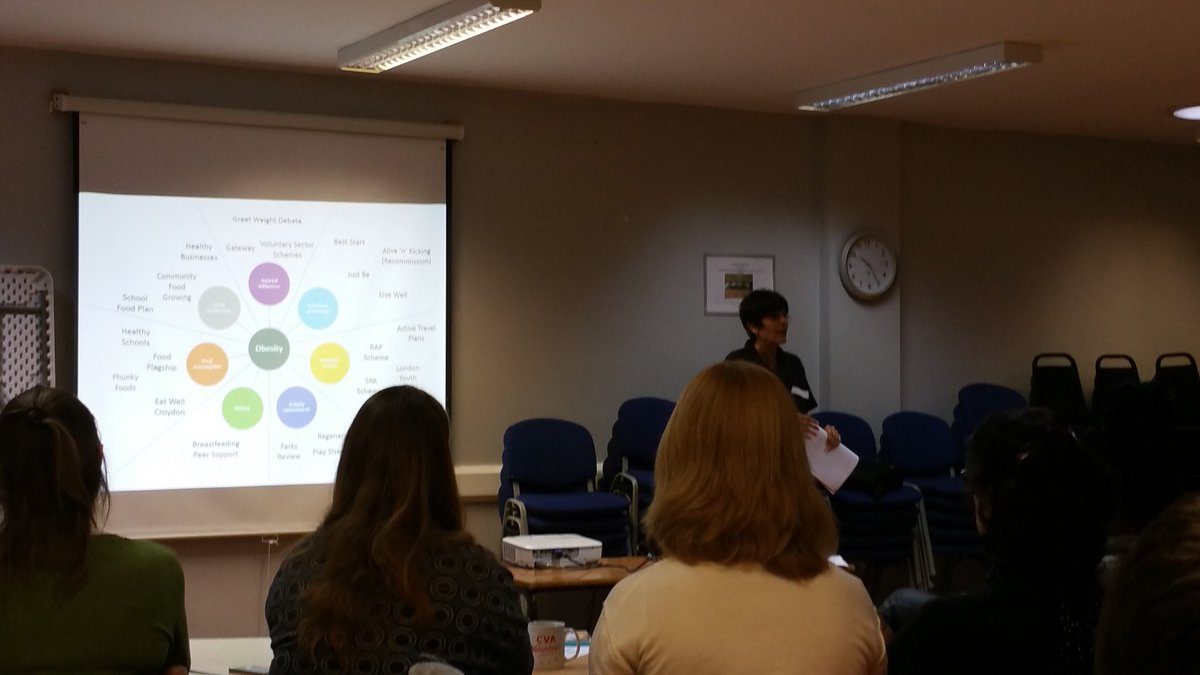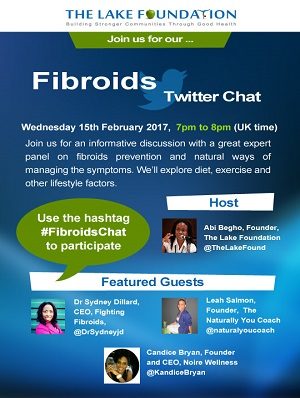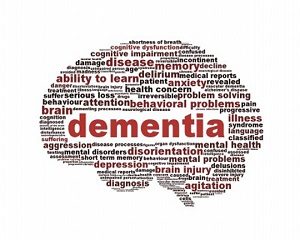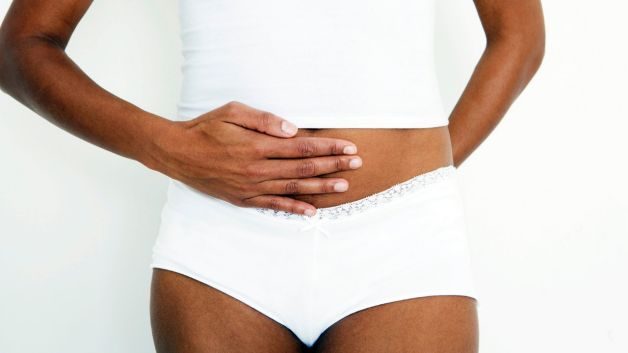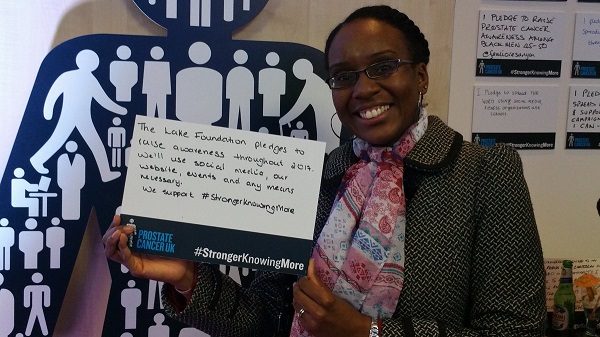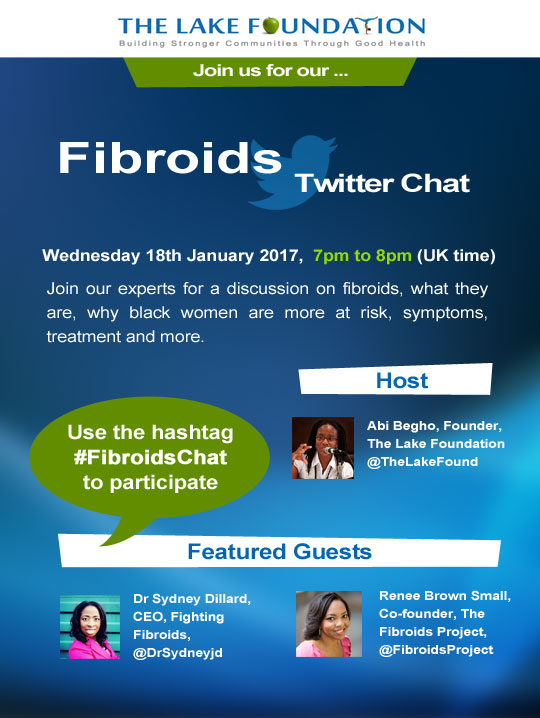Out and About: Reducing Childhood Obesity Event in Croydon
Over the past month or so we’ve had the opportunity to attend a number of interesting events to discuss a range of health issues and in today’s blog, we’ll give you a quick summary of a childhood obesity event we attended a few weeks ago.
Reducing Childhood Obesity
On 18th January, we attended the Croydon Children, Young People and Families’ Network reducing childhood obesity event. This event brought together organisations in Croydon who are tackling childhood obesity to share experiences and also to understand Croydon’s new childhood obesity strategy.
The main speaker on the day was Bernadette Alves, Consultant in Public Health at Croydon Council, who took us through the Croydon Healthy Weight Action Plan for Children and Young People which aims to cover their plans from 2017 to 2020.
The Scale of the Problem
Bernadette Alves started by setting the scene with some background information stating that childhood obesity is a major priority for Croydon being one of their five main priorities for children in the borough. She explained that obesity causes children harm impacting their physical health, mental health, behaviour and day-to-day life (such as school attendance). She explained the extent of the problem telling us that 20.3% of children in reception (4-5-year-olds) are overweight or obese and 39% in year 6 (10-11-year-olds). When we look across the borough there is a lot of variation with Broad Green, New Addington, Selhurst and Thornton Heath having the highest levels of year 6 obesity levels and Sanderstead having the lowest year 6 obesity rate.
Croydon’s Action Plan for Childhood Obesity
We then heard how Croydon Council aims to tackle childhood obesity with their new strategy. Bernadette explained that their core priorities would be :
- Sugar: to sign a sugar declaration and develop a borough wide sugar smart approach
- Targeting and Integration: they will ensure that services are targeted to those most in need and develop an integrated interactive pathway of all services that are available to support children to reach and maintain a healthy weight
- Physical activity: roll out the Daily Mile campaign to schools
- Engagement of residents and the community: they will raise awareness of the impact of childhood obesity and support and empower residents to make behaviour changes.
The Council’s action plan, at the time, was in a draft phase and going forward they were conducting a consultation on the plan; the deadline for this was the end of January. We also learnt that a Healthy Weight Steering Group was set up and is being led by Croydon Clinical Commissioning Group and Croydon Council; they will monitor the implementation of the action plan.
Unhealthy High Streets
Following Bernadette’s presentation there was time for questions and one of the issues raised was the large number of unhealthy takeaway restaurants in close proximity to schools. In response to this Bernadette stated that there is a lot of work being conducted to create healthier high streets. She acknowledged that there is a major issue with fast food chains being placed near schools that target children with very cheap deals on their products. Even data from the Royal Society of Public Health has shown that Croydon has a particular problem with Central Parade in New Addington being the second most unhealthy high street in London.
Developing Better Relationships Between Local Government and Charities
Another issue that was raised during the Q&A was the lack of communication between small groups and the Council. It was felt that there needs to be a better working relationship between community groups and the Council that would enable all organisations working in this field to work effectively together, reduce duplication and align their objectives with the local approach. It was felt that the Council could provide more support to community organisations that goes beyond providing funding through their grants programmes but promoting projects and working in collaboration to ensure that projects are successful.
The event ended with a networking session where we could learn about the work being conducted by local community groups and charities.
This was a really interesting event and provided some good insight into local plans for tackling childhood obesity.







